Research Team
The Research Branch of the MLDS Center includes Team members on both the Baltimore and College Park campuses of the University of Maryland System. These research scholars bring a variety of knowledge and skills in education and workforce research areas as well as the most advanced statistical methods available for the analysis of longitudinal education and workforce data. The Center Research Team includes faculty as well as doctoral students; the faculty representing the highest level of scholarship within the University of Maryland while the doctoral students, by interning with the Center, are the scholars of the future in education and workforce research.
Below, we list the Center Research Team members and provide a brief biographical sketch.
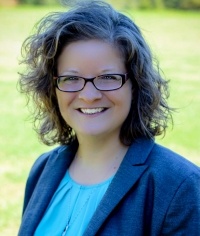
Dr. Angela K. Henneberger is the Research Director and Principal Investigator of the Maryland Longitudinal Data System (MLDS) Center Research Branch. She is a Research Associate Professor at the University of Maryland School of Social Work. Dr. Henneberger's research is situated at the intersection of education, developmental science, and prevention science, leveraging administrative data to examine the academic, social, and behavioral development of students in school contexts, with implications for policy and school-based prevention programming. Her most recent research, funded by the Institute of Education Sciences (R305A230398), leverages statewide administrative data to conduct long-term follow up analyses of an initial randomized controlled trial of a multi-tiered systems of support (MTSS) framework to improve students' academic and behavioral outcomes. The ultimate goal of her research is to strengthen the design and evaluation of policies and programs to prevent developmental problems and promote healthy development in school-based settings. Her research leveraging administrative data to support decisions in school-based settings has won awards from the Society for Prevention Research and the American Educational Research Association. Dr. Henneberger received her Ph.D. from the University of Virginia, where she was awarded an Institute of Education Sciences (IES) predoctoral fellowship. She completed a postdoctoral fellowship at the Pennsylvania State University in the Prevention and Methodology Training (PAMT) program.
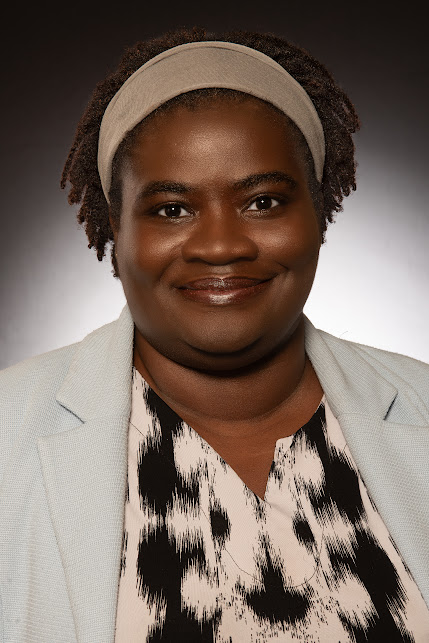
Dr. Frim Ampaw is the Associate Director of Research for the MLDS Center and Chair of the Department of Advanced Studies, Leadership, and Policy at Morgan State University, where her area of focus is higher education administration. Her research area focuses on understanding the experiences of students from low socioeconomic backgrounds and underrepresented minorities in transitioning to college, during college, and in the labor market. Dr. Ampaw is a quantitative methodologist who has conducted extensive research on women and minorities in STEM education to understand their selection and persistence within the major.

Dr. Terry V., Shaw, Ph.D. is Associate Director of Research of the MLDSC and Associate Professor at the University of Maryland, School of Social Work. He received his MPH and Ph.D. in Social Welfare from the University of California, Berkeley. Dr. Shaw has expertise in advanced statistical methods and extensive experience utilizing longitudinal data systems to answer questions related to service outcomes and to inform policy. Dr. Shaw is particularly interested in examining the pathways into and through child serving systems, focusing on opportunities for state systems to understand service overlaps, improve overall service delivery, and address the multiple needs of the children and families involved with these systems.
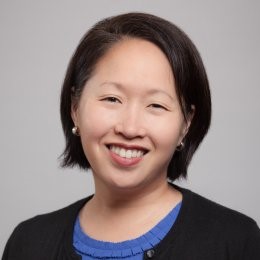
Dr. Tracy Sweet is Associate Director of Research with the MLDS Center and is Assistant Professor in the Measurement, Statistics and Evaluation program in the Department of Human Development and Quantitative Methodology at the University of Maryland. Her research focuses on statistical social network models with particular focus on the types multilevel network models needed for education data. She holds a Ph.D. in statistics from Carnegie Mellon University.
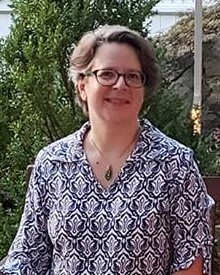
Dr. Bess A. Rose, Ed.D., is a Statistician with the MLDSC and the University of Maryland School of Social Work. Dr. Rose’s research interests include understanding the contributions of school and work environments to children’s and adults’ growth trajectories. She received her doctorate from the Johns Hopkins University School of Education, with support of an IES predoctoral fellowship. In her dissertation she applied cross-classified multiple membership growth models to examine the relative impact of different types of school moves on academic achievement. Prior to joining the MLDS Center, she was a senior study director at Westat, research and evaluation coordinator at the Maryland State Department of Education, and technical writing advisor at Goucher College’s Graduate Programs in Education.
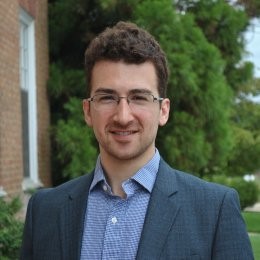
Dr. David Blazar is an Investigator with the MLDS Center and is Assistant Professor of Education Policy and Economics at the University of Maryland. His research examines teacher labor markets, with a focus on professional learning, organizational contexts of schools and districts, and accountability policy. His work is published in American Educational Research Journal, Economics of Education Review, Educational Evaluation and Policy Analysis, Educational Researcher, among other publications. He received the AEFP Flanigan Outstanding Dissertation Award and was named an emerging education policy scholar by the Fordham Institute. He received his doctorate in quantitative policy analysis in education from the Harvard Graduate School of Education. He holds a masters in policy and management and a bachelors in history and literature, also from Harvard. He previously taught high-school English in New York City.
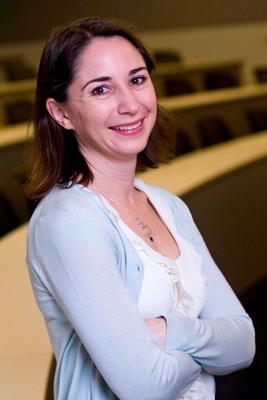
Dr. Jane Lincove is an Investigator with the MLDS Center and is Associate Professor of Public Policy at UMBC. She is also a Research Fellow at the Education Research Alliance for New Orleans at Tulane University. Her research focuses on the implementation and effects of market-based policy in public education, with a particular interest in the equity effects on low-income families, minorities, and girls. Dr. Lincove earned her Ph.D. in Public Policy from the University of Southern California.
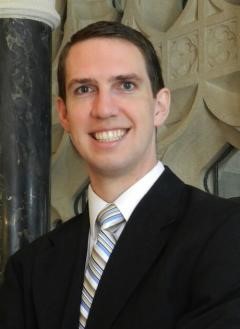
Dr. Nolan Pope is an Investigator with the MLDS Center and is an Assistant Professor in the Department of Economics at the University of Maryland. Dr. Pope is a labor economist and applied microeconomist who specializes in public policy that improves individuals’ labor market and educational outcomes. His recent research focuses on how measuring and rating teacher quality affects both students and teachers, and how public policies influence underprivileged groups such as immigrants and low-income populations. He holds a Ph.D. in Economics from the University of Chicago, and a B.A. in Economics from Brigham Young University.
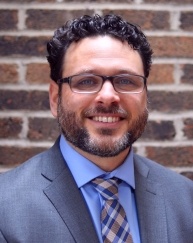
Dr. Mathew C. Uretsky is an investigator with the MLDS Center and received his Ph.D. from the University of Maryland School of Social Work in 2016. He is a faculty affiliate at the University of Maryland School of Social Work and is an Assistant Professor at Portland State University. He has nearly a decade of experience as a social work practitioner and researcher working with schools, families, and community organizations to improve outcomes in underserved communities in the U.S. and internationally. Most recently his work has focused on building the capacity of state agencies to use administrative data for policy and program development. His research interests include the development and evaluation of interventions to support positive youth development. More specifically, his work examines the risk and protective factors that impact the academic and behavioral development of children and youth, with a focus on how the school and family environment influence student outcomes.

Dr. Dawnsha R. Mushonga is an Assistant Professor in Human Services Administration at the University of Baltimore and Investigator with the MLDS Center. Dr. Mushonga is a licensed clinical professional counselor (LCPC), National Certified Counselor (NCC), and an approved clinical supervisor (ACS) with over fifteen years of experience in the field of human services. Her research interests are positive youth development and mental health in minority and at-risk populations. Her current work focuses on promoting flourishing levels of mental health and examining factors associated with positive academic and career outcomes among black college students.
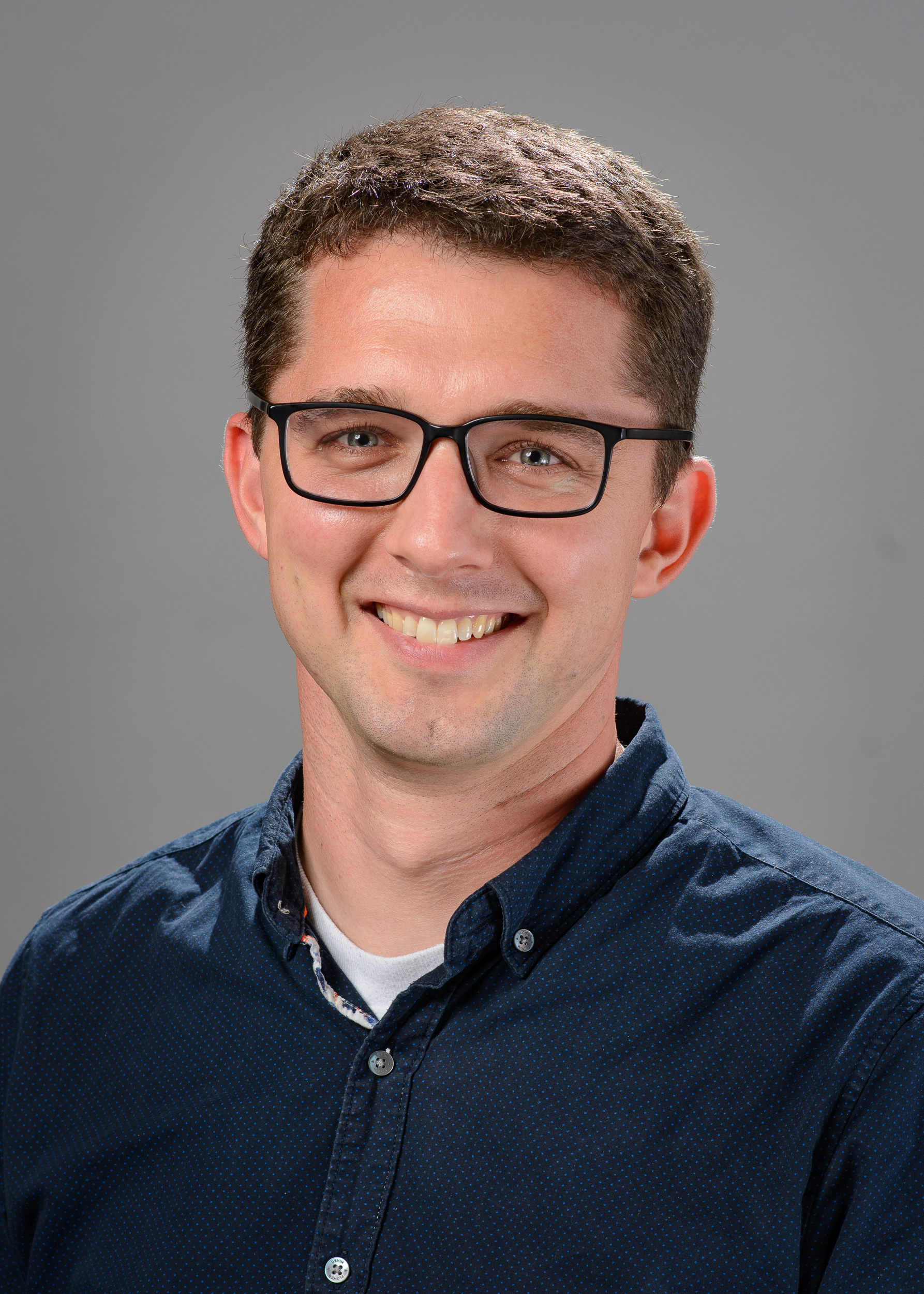
Dr. Wade Jacobsen is an Assistant Professor in the Department of Criminology and Criminal Justice at the University of Maryland and a Faculty Associate at the Maryland Population Research Center. He is an investigator with the MLDS Center. His research investigates the roles of schools and the criminal justice system in shaping child wellbeing and inequality. His current work examines social and behavioral outcomes of school punishment and juvenile arrest. He is particularly interested in how these formal sanctions affect a child or adolescent's social networks. Dr. Jacobsen spent two years as a Research Specialist in the Center for Research on Child Wellbeing at the Office of Population Research at Princeton University. He earned a PhD from the Department of Sociology and Criminology at Penn State University. He also has MS and BS degrees in Sociology from Brigham Young University.
